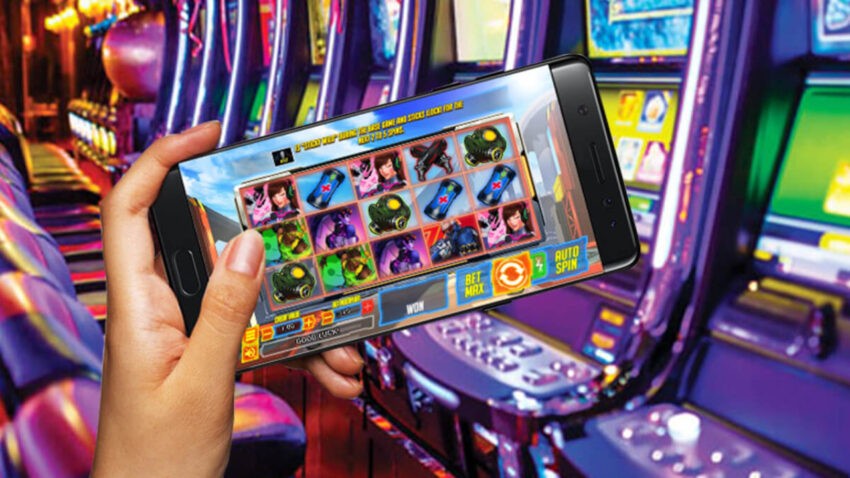The world of online gaming has evolved dramatically in the last few decades, and with rapid technological advancements, the future looks even more exciting. From the early days of basic text-based games to the immersive 3D worlds we experience today, online gaming has become a massive global phenomenon frenchcookingboard.com. In this article, we’ll explore some unique trends and innovations that are shaping the future of online games, making the industry more engaging, diverse, and innovative than ever before.
1. The Rise of Cloud Gaming: Gaming Without Boundaries
Cloud gaming is transforming the way players experience their favorite games. By streaming games directly from remote servers, players can enjoy high-quality gaming experiences on devices that were once incapable of running such complex software. Platforms like Google Stadia, NVIDIA GeForce Now, and Xbox Cloud Gaming allow users to play top-tier games on low-powered devices, such as smartphones and low-end laptops, as long as they have a stable internet connection.
The impact of cloud gaming is enormous. Not only does it eliminate the need for expensive gaming consoles or high-end PCs, but it also makes gaming more accessible to a broader audience. As internet speeds improve globally, we can expect cloud gaming to become even more widespread and to evolve into a primary mode of gaming for players around the world.
2. Virtual Reality (VR) and Augmented Reality (AR): Immersion Like Never Before
Virtual Reality (VR) and Augmented Reality (AR) are taking online gaming into new dimensions. VR creates an immersive, 360-degree environment where players can interact with the game world as though they are physically present, while AR blends virtual elements with the real world. Both technologies are pushing the boundaries of gaming, offering experiences that were once thought to be impossible.
VR games like Half-Life: Alyx and Beat Saber have already created a buzz, but in the future, we can expect even more innovative VR experiences that include fully interactive environments and multiplayer capabilities. Similarly, AR games like Pokémon GO have already demonstrated the potential of combining the real world with gaming, and upcoming titles are likely to expand on this concept, offering unique gameplay that encourages players to explore the real world in new ways.
3. AI-Powered Games: Smarter NPCs and Personalized Experiences
Artificial Intelligence (AI) is gradually making its way into online games, enhancing both the player experience and game development process. One of the most notable applications of AI is in the creation of smarter Non-Player Characters (NPCs). NPCs powered by AI can adapt to the player’s actions, creating more dynamic and unpredictable environments. This makes games more challenging and engaging, as players can never predict exactly how NPCs will respond.
Additionally, AI can be used to personalize gameplay experiences. Games could adapt in real-time based on a player’s skill level, preferences, and playstyle, making each gaming experience unique. This level of personalization could extend to game storylines, missions, and even the design of in-game environments, ensuring that no two gaming sessions are alike.
4. Cross-Platform Play: Breaking Down Barriers
Cross-platform play, or the ability to play with others regardless of the platform, has become a major trend in the online gaming world. Games like Fortnite and Minecraft have already embraced this concept, allowing players to connect with others on different consoles, PCs, and mobile devices. This is a game-changer, as it eliminates the restrictions that often come with platform exclusivity.
The push for cross-platform play is likely to continue in the coming years, as developers and players alike see the benefits of a unified gaming community. As more games support cross-play, the overall player base expands, creating more opportunities for social interaction and competition, and breaking down the barriers that have traditionally divided different gaming platforms.
5. Blockchain and NFTs: New Opportunities for Online Gaming Economy
Blockchain technology is making waves in the online gaming industry by introducing decentralized elements to games. NFTs (Non-Fungible Tokens) are a major part of this movement, enabling players to own unique in-game assets that can be bought, sold, or traded. These assets could range from cosmetic items like skins and outfits to virtual land and collectibles.
